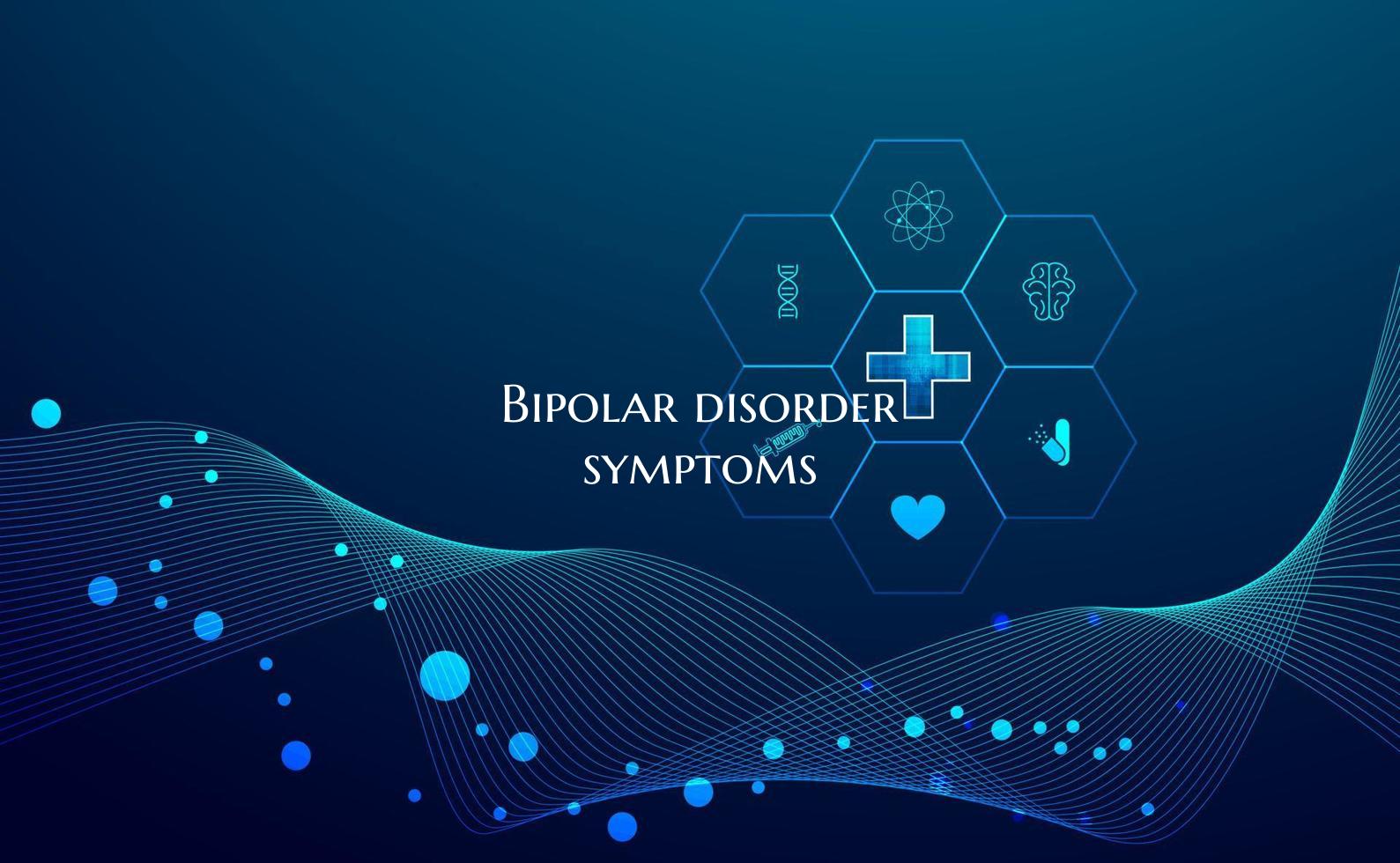
Bipolar disorder symptoms
Bipolar Disorder Symptoms: Recognizing the Ups and Downs
Bipolar disorder is a mental health condition that is characterized by extreme mood swings, ranging from manic highs to depressive lows. Recognizing the symptoms of bipolar disorder is crucial for early intervention and effective management of the condition. Here are some common symptoms associated with bipolar disorder:
1. Manic Episodes: During a manic episode, individuals with bipolar disorder may experience: - Elevated mood or extreme irritability - Increased energy and activity levels - Racing thoughts and rapid speech - Impulsivity and poor decision-making - Decreased need for sleep - Grandiose beliefs about one's abilities
2. Depressive Episodes: In contrast to manic episodes, depressive episodes in bipolar disorder may include the following symptoms: - Persistent sadness or hopelessness - Loss of interest in previously enjoyable activities - Fatigue or loss of energy - Changes in appetite or weight - Difficulty concentrating or making decisions - Thoughts of suicide or death
3. Mixed Features: Some individuals with bipolar disorder may experience symptoms of both mania and depression simultaneously, known as mixed features. This can include feelings of agitation, irritability, and impulsivity along with depressive symptoms.
4. Rapid Cycling: Some individuals with bipolar disorder may experience rapid cycling, where they alternate between manic, depressive, or mixed episodes within a short period of time, such as within a few days or weeks.
5. Behavioral Changes: People with bipolar disorder may exhibit changes in behavior that are not typical for them, such as engaging in risky or reckless activities during manic episodes or withdrawing from social interactions during depressive episodes.
It's important to note that the symptoms of bipolar disorder can vary from person to person and may change over time. If you or someone you know is experiencing symptoms of bipolar disorder, it is important to seek help from a mental health professional for an accurate diagnosis and appropriate treatment. With the right support and treatment, individuals with bipolar disorder can manage their symptoms and lead fulfilling lives.